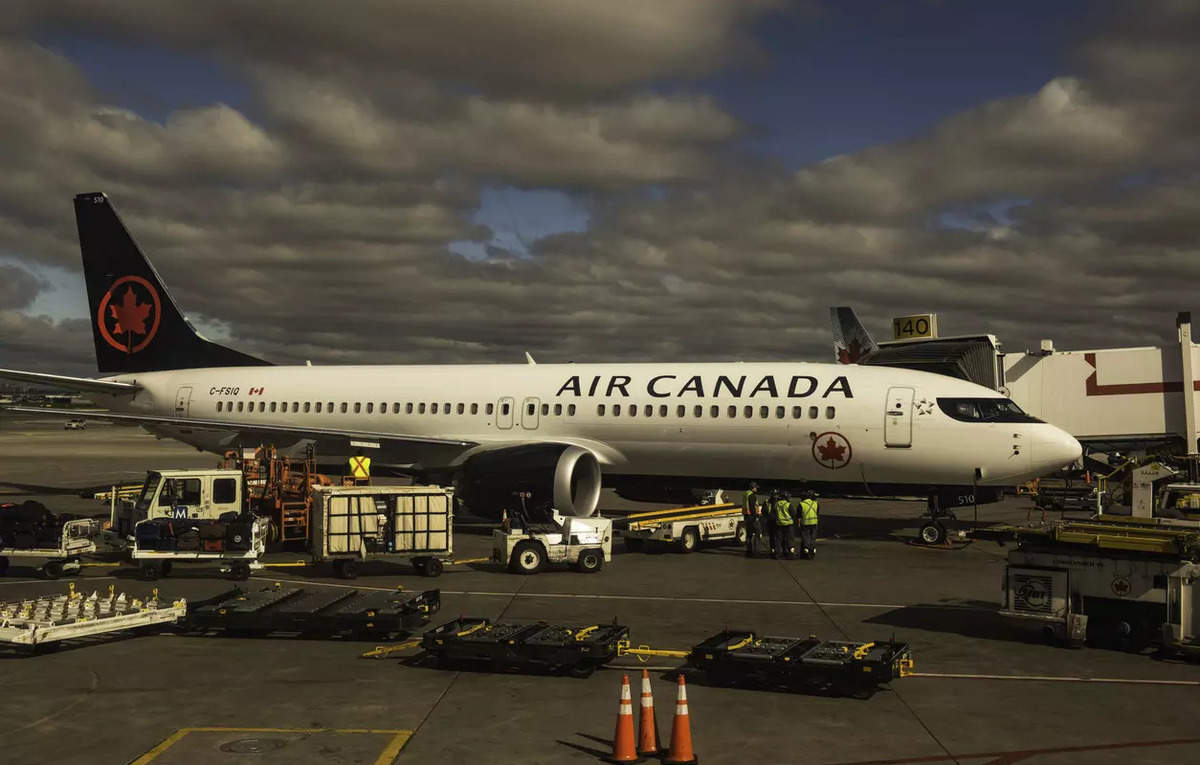Air Canada is finalising plans to suspend most of its operations, likely beginning Sunday, as talks with the pilot union are nearing an impasse over “inflexible” wage demands, the country’s largest airline said on Monday. Air Canada and its low-cost subsidiary, Air Canada Rouge, together operate nearly 670 flights per day.
Unless they reach a settlement with the Air Line Pilots Association, the shutdown could affect 110,000 passengers daily. The airline’s pilots have been pushing to close the salary gap with their US peers, who signed lucrative labour deals in 2023 amid pilot shortages and strong travel demand.
“Air Canada should stop threatening to disrupt air travel and come to the bargaining table with serious proposals to keep the flagship Canadian carrier competitive in the global aviation market,” said Charlene Hudy, who heads the local union representing the airline’s pilots. Talks between ALPA, which represents more than 5,200 pilots at the carrier, are continuing, but both parties remain far apart, the company said.
“Air Canada believes there is still time to reach an agreement with our pilot group, provided ALPA moderates its wage demands which far exceed average Canadian wage increases,” CEO Michael Rousseau said. ALPA pilots have previously said the current pay rates at US rival Delta Air Lines are up to 45 per cent higher than the Canadian carrier’s hourly pay rates.
“We appreciate their (Air Canada pilots) frustration, but also note that the situation is not exactly apples to apples given the barriers to entry around pilot supply in the US,” TD Cowen analyst Thomas Fitzgerald wrote in a note last week.
On Aug. 27, the union and the airline entered into a mandated three-week cooling-off period, during which the union cannot go on strike. Air Canada anticipates it would take seven to 10 days for normal operations to resume, once the complete shutdown is in place. The company said it is in talks with other airlines to accommodate its stranded passengers in the event of flight cancellations.
“Our government firmly believes in the collective bargaining process and Canadians are counting on the parties to get a deal,” a statement from Canadian Labour Minister Steven MacKinnon‘s office said.




